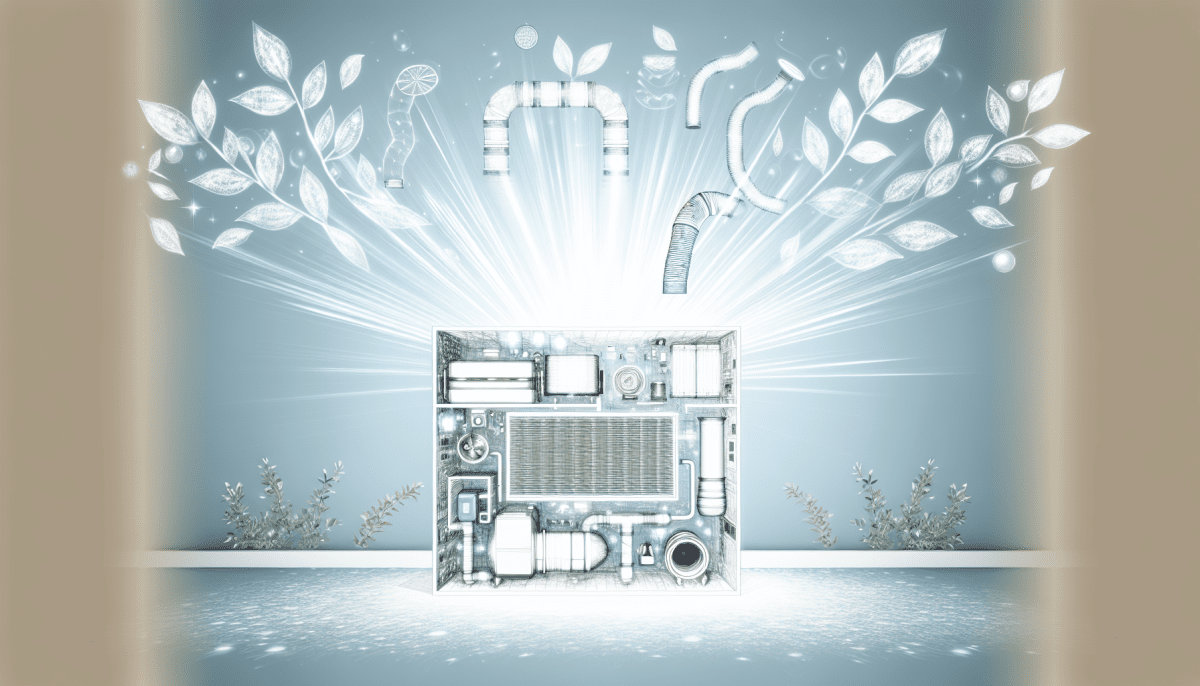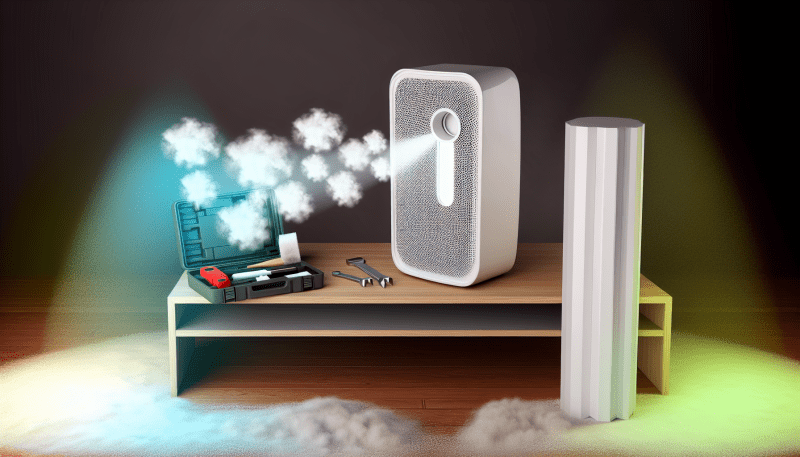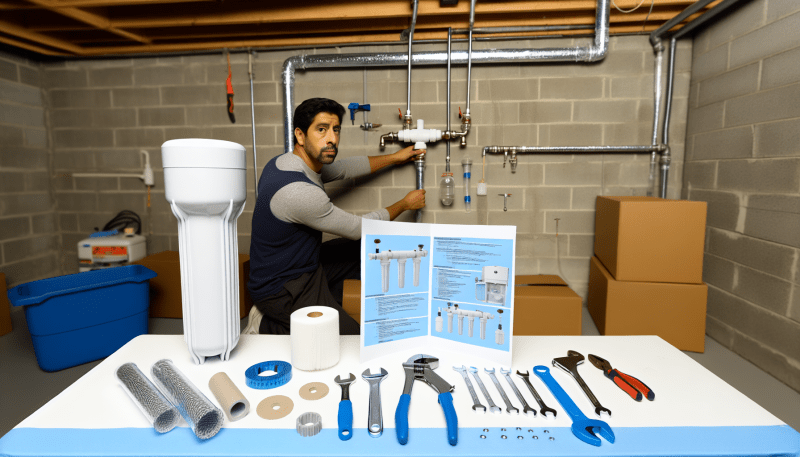When it comes to choosing a whole home air filtration system, it’s essential to understand what’s happening in your indoor air. Your home can trap dust, allergens, and even odors, which can affect your health and comfort. Getting the right system can make a world of difference in keeping your air fresh and clean.
Start by thinking about your specific needs. Do you or anyone in your family have allergies or asthma? Are you dealing with pets or high humidity? Knowing your challenges will help you pick the right filter type. Here’s a quick run-down of some common air quality concerns:
Don’t forget about the size of your home. A whole home air filtration system needs to be adequate for your space to be effective. Most systems come with a recommended square footage, so make sure to check that against your home size. Getting this right can seriously improve your air quality.
If you're unsure, it’s always a good idea to consult with a professional. They can help assess your needs and guide you toward a system that fits your lifestyle and home environment. Remember, when choosing a whole home air filtration system, you're investing in your comfort and health!
Types of Air Filtration Systems Explained
When you're choosing a whole home air filtration system, it’s important to understand the different types of systems out there. Each type offers unique benefits, so let’s break them down.
HEPA Filters: High Efficiency Particulate Air (HEPA) filters are like the superheroes of air filtration. They can trap up to 99.97% of particles as small as 0.3 microns. If you're dealing with allergens like dust, pollen, or pet dander, a HEPA filter is a fantastic choice. Just keep in mind that they usually need to be replaced or cleaned periodically to maintain their effectiveness.
Electrostatic Filters: These filters use static electricity to capture dust and dirt. They can be washable and reused, which can save you some money over time. They're great for catching smaller particles and don’t require as frequent replacements as HEPA filters. Just remember to check them regularly to keep them working well.
UV Air Purifiers: These systems use ultraviolet light to kill bacteria and viruses in the air. They're perfect if you're concerned about pathogens or mold. However, they typically work best in conjunction with a traditional filter to catch physical particles. So if you're choosing a whole home air filtration system, consider whether a UV component fits your needs.
Activated Carbon Filters: If odors are bothering you, activated carbon filters are the answer. They excel at absorbing smells from cooking, pets, and smoke. Often, they’re paired with other types of filters for comprehensive air purification. Just be aware that they might not do much for allergens or dust, so combine them based on your needs!
Key Features to Look For
When you're choosing a whole home air filtration system, it's essential to know what features will give you the best value for your investment. With so many options out there, here are some key features to keep in mind:
By keeping these features in mind when choosing a whole home air filtration system, you’ll be well on your way to selecting a reliable solution that enhances your indoor air quality while fitting your needs perfectly.
Tips for Installation and Maintenance
When you're choosing a whole home air filtration system, installation and maintenance play a big role in how well your system works. Here are some handy tips to help you out!
Installation Tips:
Maintenance Tips:
By following these tips, you can ensure that your air filtration system runs smoothly, helping you breathe easier and feel more comfortable in your home.



